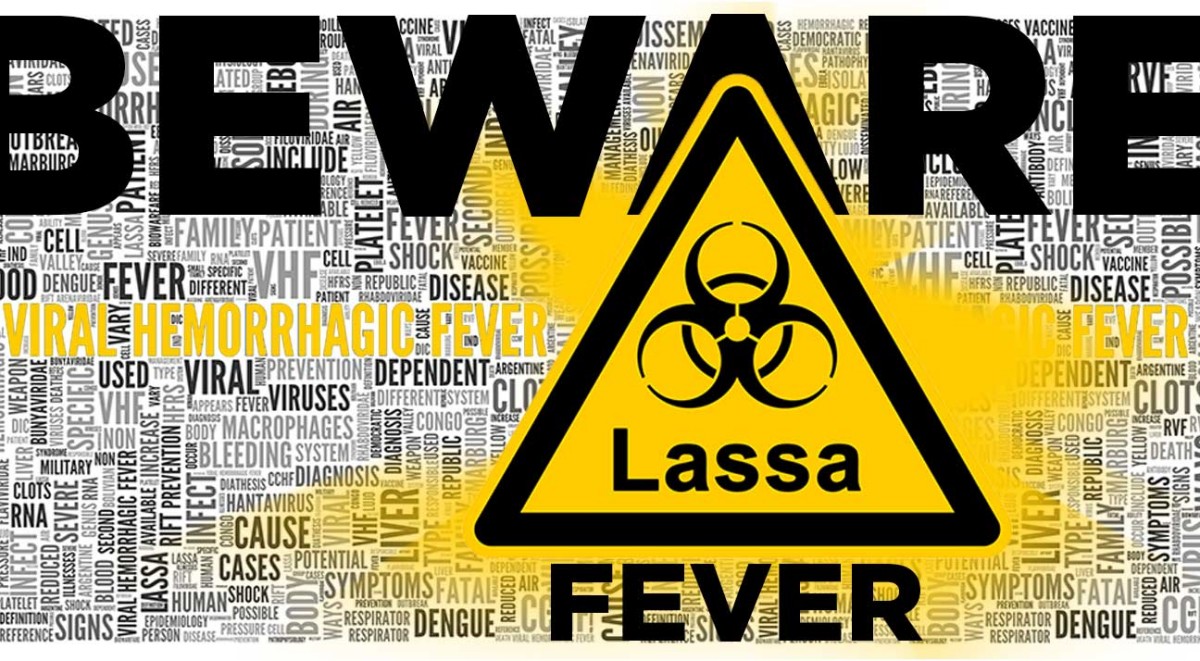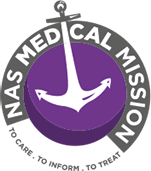
BE LASSA AWARE
- Lassa fever is caused by the Lassa virus which was discovered in 1969 in Lassa village in present day Borno State.
- Lassa virus belongs to the group of viruses that cause Hemorrhagic disorders by affecting the blood clotting system causing bleeding disorders that may progress to shock and death- like Ebola, Dengue, Yellow Fever, Marburg etc.
- Lassa fever virus lives and multiplies in a particular type of rat called the multimammate mouse which is found in Sub-Saharan Africa.
- The virus is contained in the urine and stool of rats and if the urine, saliva and stool of the rat contaminate exposed food and humans, they can contract the disease. Breathing in the dried stool can and has also been shown to lead to person being infected.
- The incubation period (period between infection and appearance of the symptoms) is 6 – 21 days.
- The spread of the virus from person to person is through direct contact with body fluids such as nasal discharge, saliva, blood of an infected person.
- Symptoms are non-specific, tricky and similar to malaria and typhoid fever and some of the symptoms and signs a victim may experience include; fever, headache, general weakness and malaise, sometimes vomiting and diarrhea, yellowness of eyes ball; and as it progresses, some organs may fail such as liver and kidney, bleeding may occur in the skin, gums, nose and into the eyes.
- Complications may include Deafness, Abortion in pregnant women, organ failure especially kidney and kidney leading to liver enzymes derangement. About 1% of cases end up in death
Prevention: We can prevent Lassa by stopping the way the virus gets to humans;
Rats:
- Avoid rats making contact with humans (Bush burning drives the rats from the bushes to our homes).
- Prevent against exposing our food items being to the rats urine – Drying Garri, Suya in the North (kilishi), beans, and other grains on the ground as widely practiced in Ekpoma and some other places in the South.
- Wash any canned drink or food before eating as the rats could actually contaminate these items, during storage, with their urine.
- Discourage people who hunt and eats rats.
- Keep a clean house and environment.
Infected Persons:
- Isolate suspected cases, and health workers are to adhere to strict personal protection (barrier nursing care) by use of masks, gloves, goggles, gowns when attending to infected persons.
Treatment:
- This involves early diagnosis, isolation of confirmed cases, antiviral drugs (Ribavirin very effective), supportive care – rehydration, dialysis in cases of kidney failure.
- However, prevention is better than cure.
A Health Advocacy Message from the NAS Medical Mission

2 Comments, RSS